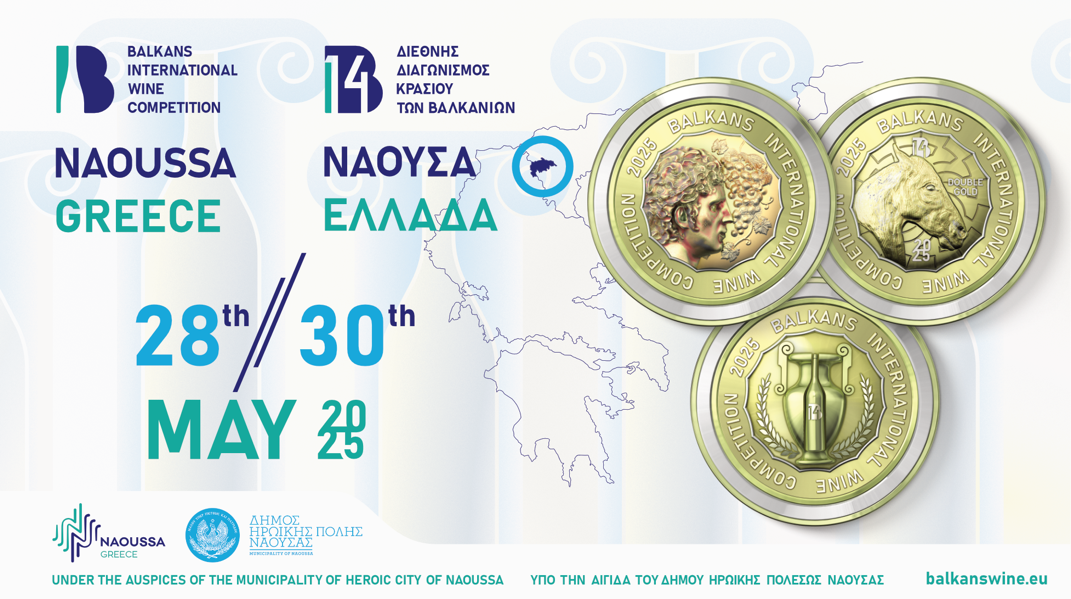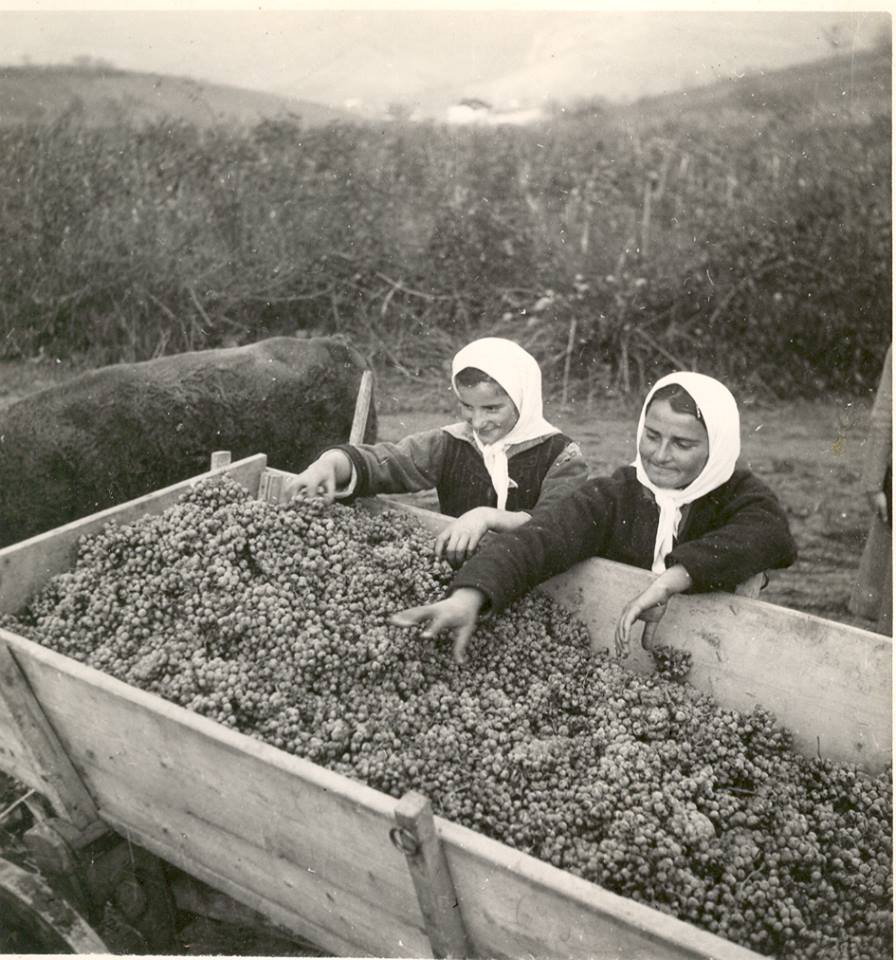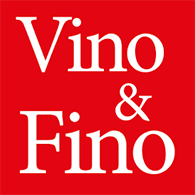
Japan is a very attractive market for all serious wine market players, but rather challenging as well, because of different cultural and economic patterns of behaviour, often incomprehensible or bewildering to us coming from the western world. Japan is not only the land of the rising sun, but also a country where wine consumption keeps rising as well. In 2012, annual wine consumption per capita amounted to 2.69 liters. Wine is increasingly becoming an element of daily life in Japan - 7% of the population drink wine daily, while the percentage of those who drink wine at least once a week is more than 50%.
What sort of wines are available in Japan?
Perhaps you are not aware of it, but despite unfavourable natural and climatic conditions for growing grapes, the Japanese still manage to produce wine (the most common varieties are Koshu, Cabernet Sauvignon and Merlot). Judging from my personal experience (visit to the stand of Japanese wine producers at this year's ProWein in Düsseldorf), I can confirm that Japanese wine still doesn't match the quality of wines from traditional wine regions of the world. Official statistics even record that 33% of total wine consumed in the Japanese market is "local". However, one should know that according to the Japanese laws, bulk wine imported from other countries and bottled in Japan is also considered "local". So, for example, 8,300 hectoliters of Macedonian bulk wine is considered "local" in Japan. Imported wines make up 67% of the market, the greatest portion of the market held by wineries from Spain, France, Italy and Chile. Wines of the New World continue to increase their presence, while wines from Eastern Europe are shaping their path to reach Japanese wine lovers. Bulgaria takes the most prominent position among Eastern European wineries as it exports annually 297,000 liters of wine to Japan. Our neighbour Croatia currently exports 47,000 liters to Japan.
If we take a look at the trends in the Japanese market, we see prevailing popularity of red wines. 12% of consumers prefer rosé wine (Japan also undergoes the global trend of rising popularity of rosé). Preferred varieties are international ones (therefore, an ideal market for Serbian wineries): Cabernet Sauvignon, Merlot, Pinot Noir, Chardonnay and Sauvignon Blanc. Women surpass men in purchase and consumption of wine (55% vs. 45%). In recent years, Japan has become preferred market for wineries from around the world that produce sparkling wine. Having discovered that sparkling wine is easily paired with Japanese cuisine, the Japanese have given it the status of wine that can be drunk at every occasion. Therefore, you shouldn't find it surprising that young Japanese increasingly drink sparkling wine instead of beer.
When buying wine, the country or region of origin is not the main purchase factor for the Japanese. 70% of customers will take a bottle of wine, without observing its origin, if the price/quality ratio matches their expectations. The Japanese appreciate international wine competitions and medal stickers on the bottle are considered an indicator of quality. So, the more gold and silver stickers on the bottle, the better.
When you take all this into account, we come to the profile of a potentially successful winery in the Japanese market: the region may not be so important, but the wine should have a good price / quality ratio. Red wines from international varieties should be in the winery's portfolio . Additionally, offering sparkling wine will also satisfy younger generation of Japanese winelovers. And the icing on the cake are awards from international wine competitions.
If we put this profile together with information that Aleksandrović winery from Topola (Šumadija wine region, Central Serbia) has signed a contract with Japanese company Makoto Investments about the export of its premium wines to Japan, then we can easily conclude that Aleksandrović Winery has opened the door for more significant presence in the Japanese market. Aleksandrović Winery already exports about 1/3 of its products, primarily to Russia, China, USA and EU. Therefore, let's wait and see how "the samurai of Šumadija" will be received in the Japanese market.


BACK TO CATEGORY
 Japan is a very attractive market for all serious wine market players, but rather challenging as well, because of different cultural and economic patterns of behaviour, often incomprehensible or bewildering to us coming from the western world. Japan is not only the land of the rising sun, but also a country where wine consumption keeps rising as well. In 2012, annual wine consumption per capita amounted to 2.69 liters. Wine is increasingly becoming an element of daily life in Japan - 7% of the population drink wine daily, while the percentage of those who drink wine at least once a week is more than 50%.
Japan is a very attractive market for all serious wine market players, but rather challenging as well, because of different cultural and economic patterns of behaviour, often incomprehensible or bewildering to us coming from the western world. Japan is not only the land of the rising sun, but also a country where wine consumption keeps rising as well. In 2012, annual wine consumption per capita amounted to 2.69 liters. Wine is increasingly becoming an element of daily life in Japan - 7% of the population drink wine daily, while the percentage of those who drink wine at least once a week is more than 50%.














